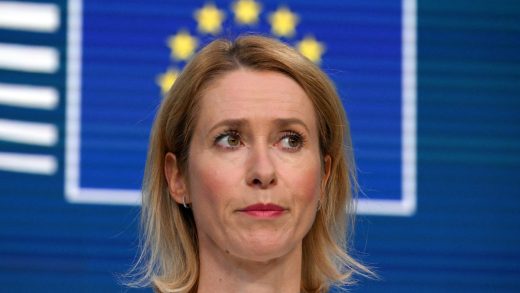The B.C. General Employees Union has now been on strike for seven weeks, with an estimated 25,000 workers on picket lines around B.C.
Emery Hartley has been on the picket line for about three weeks and told Global News it has been a learning process for everyone.
“There are good days and there are bad days,” he said.
“You know, I think we do a lot to hold each other up. There’s a real sense of community and solidarity on the front lines. Having you know, my site, we’ve been on strike for three weeks, but last week other sites joined us … so that gave us a big boost in morale to have more people on the lines with us.”
Hartley said members of the public have been coming by and bringing snacks and coffee, or just honking their car horns in support.
“That really helps deal with the days where it’s a little bit rougher, you know, where (Finance Minister) Brenda Bailey comes out and publicly misrepresents the last offer she gave us, or … says how much she wants to resume bargaining, but then makes no meaningful effort to engage our bargaining committee,” he added.

Get breaking National news
For news impacting Canada and around the world, sign up for breaking news alerts delivered directly to you when they happen.
Wages remain the sticking point.
Paul Finch, BCGEU president and chair of the public service bargaining committee, said last week that the government had been offering them four per cent over two years, but B.C. Premier David Eby told reporters the government’s revised offer includes a raise of up to 5 per cent over two years.
The union says the five per cent is not an increase in general wages. It bundles in market adjustments and other unrelated items, which not all members would receive.

Hartley said it is hard to be on strike, especially for members who are single parents or supporting other family members, but they are trying to support each other.
“The union has a hardship fund to try and help those people that are in the trickiest circumstances,” he said.
“I’m not gonna speculate on how long we can go on, but right now the feeling is, you know, one day more, whatever the government’s gonna hold out, we’ll hold out one day more.”
Hartley said striking members receive $650 a week if they can fulfill their required picketing shifts.
“Public servants love what they do,” he said.
“We know the B.C. public service is, in general, paid less than their peers in (the) private sector and in other levels of government, but we believe in the work we do. We believe in supporting our communities, and it’d be great if we had a government that felt like they can support us.”
The BCGEU has more than 95,000 members in 550 bargaining units with people working in areas including health care, community social services, education, highways maintenance, casinos, credit unions, municipalities and regional districts.
© 2025 Global News, a division of Corus Entertainment Inc.




